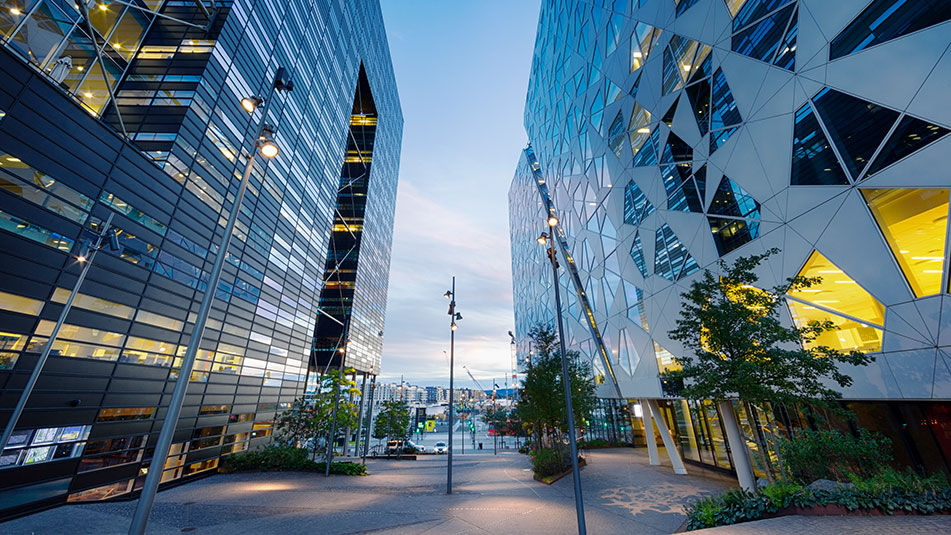The Future of Healthcare and Hospital Project Management
Construction project management within the healthcare and hospital sector has witnessed remarkable transformation in recent years, driven largely by technological advancements and a growing emphasis on patient-centric care. New priorities are reshaping the way healthcare facilities are designed, built, and managed, ultimately aiming to enhance patient outcomes and optimize operational efficiency. Below are some of the most prominent trends that our team is seeing, and that we expect are here to stay.
Building Information Modeling (BIM) Integration
BIM technology allows clients to go beyond traditional 2D blueprints by creating comprehensive digital models that incorporate various aspects of a facility's design and functionality. In healthcare, this means creating virtual representations of not just the building's structure, but also its systems, equipment, and even patient flow. BIM facilitates collaboration among architects, engineers, and medical professionals, resulting in better decision-making, reduced errors, and more accurate cost estimations.
Patient-Centered Design
Modern healthcare facilities are being designed with the patient experience and well-being front of mind. This involves creating healing environments that promote natural light, green spaces, and quiet areas to reduce stress and aid in the recovery process. Moreover, the layout is being optimized for efficient patient navigation and accessibility, allowing medical staff to provide prompt care. Integrating advanced technologies like telemedicine facilities and smart patient monitoring systems further enhances the patient experience.
Sustainability and Energy Efficiency
Hospitals and healthcare facilities are some of the most energy-intensive buildings due to their 24/7 operations. As such, construction project managers are focused on incorporating eco-friendly design, energy-efficient systems, and renewable materials. From solar panels to energy-efficient HVAC systems, these measures not only reduce environmental footprints but also lead to long-term cost savings.
Building and Space Adaptability
The ongoing pandemic has prompted a reevaluation of healthcare infrastructure, and flexibility and adaptability have emerged as crucial factors in construction project management for healthcare facilities. The ability to quickly convert spaces for various medical needs, such as isolation units or vaccination centers, has reinforced the value of modular design and rapid construction techniques.
The world of construction project management in healthcare and hospitals is undergoing a significant evolution. With the adoption of cutting-edge technologies, a focus on patient-centric design, a commitment to sustainability, and the lessons learned from the pandemic, the industry is poised to deliver state-of-the-art facilities that cater to both medical needs and patient comfort. These trends not only shape the physical structures but also contribute to the overall advancement of healthcare services and patient outcomes.




